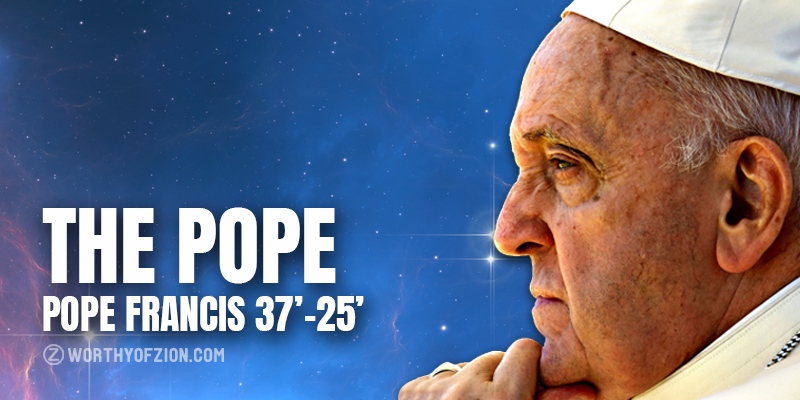I wanted to take a moment to reflect briefly on the life of Pope Francis. While I don’t personally see him as a divine oracle, I recognize that for over a billion Catholics around the world, he has been a spiritual leader of immense significance. Regardless of personal belief, it’s compelling to consider the influence a pope holds and the impact he has on the lives of so many. It’s also fascinating to learn how the pope is chosen—a process steeped in tradition, ceremony, and global attention—underscoring just how important this role is within the Catholic Church.
Pope Francis, born Jorge Mario Bergoglio in Buenos Aires in 1936, passed away on April 21, 2025, at the age of 88. As the first Jesuit, Latin American, and non-European pope in over a millennium, his 12-year papacy was marked by a commitment to humility, inclusivity, and reform. He was known for his modest lifestyle, choosing to reside in a communal Vatican guesthouse rather than the traditional papal apartments.
His final public appearance was on Easter Sunday, April 20, 2025, where he delivered a message of peace in St. Peter’s Square. The following day, he died at his residence in Casa Santa Marta due to a cerebral stroke and subsequent complications. Honoring his wishes for simplicity, Pope Francis will be buried in the Basilica of St. Mary Major in Rome, making him the first pope since Leo XIII to be interred outside the Vatican. His funeral is scheduled for April 26, 2025, and will be followed by a papal conclave in May to elect his successor. Global leaders and faithful alike have paid tribute to his legacy, remembering him as a compassionate leader who strove to make the Catholic Church a more inclusive and socially conscious institution.
Pope Francis, while widely admired for his humility and progressive vision, was also a figure of controversy, especially within more conservative circles of the Catholic Church. One of the most debated aspects of his papacy was his more inclusive stance on LGBTQ+ individuals. While maintaining the Church’s traditional doctrines, Francis made headlines with statements like “Who am I to judge?” when asked about gay priests. His openness to discussions on civil unions and his calls for compassion over condemnation sparked both praise and backlash, with critics accusing him of blurring doctrinal lines.
Another area of controversy was his approach to Communion for divorced and remarried Catholics. In his 2016 apostolic exhortation Amoris Laetitia, Francis hinted at the possibility of allowing divorced and remarried individuals to receive the Eucharist under certain conditions, a move seen by some bishops as a break from longstanding Church teachings. His efforts to reform the Vatican bureaucracy and his handling of the sexual abuse crisis also drew mixed reactions—some praised his actions as unprecedented steps toward transparency, while others criticized them as too slow or insufficient. Overall, Pope Francis challenged many norms, often walking a tightrope between reform and tradition, which made his papacy both groundbreaking and polarizing.
In the coming days, the College of Cardinals will gather in Vatican City to begin the sacred and highly secretive process of selecting a new pope. Known as a papal conclave, this centuries-old tradition begins after a period of mourning for the deceased pontiff and involves a series of formal meetings, where the cardinals reflect on the needs of the Catholic Church and consider potential successors. Only cardinals under the age of 80 are eligible to vote, and they are sequestered within the Sistine Chapel, entirely cut off from the outside world to preserve the integrity of the decision. Voting takes place in rounds by secret ballot, with a two-thirds majority required to elect the new pope. After each round, ballots are burned—black smoke signals no decision, while white smoke heralds the election of a new leader. Once a cardinal accepts his election and chooses a papal name, he is introduced to the world from the balcony of St. Peter’s Basilica with the traditional announcement: “Habemus Papam”—”We have a pope.”
I wish my Catholic friends peace during this time.

